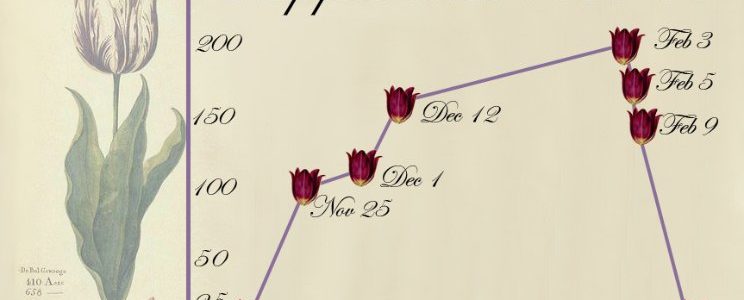 Popularity doesn’t equal truth. And yet Facebook’s recent proposal to rank the trustworthiness of news sources based on popularity is loosely equating truth with popularity. In so doing, Facebook may be putting form over function.
Popularity doesn’t equal truth. And yet Facebook’s recent proposal to rank the trustworthiness of news sources based on popularity is loosely equating truth with popularity. In so doing, Facebook may be putting form over function.During the housing crisis, numerous mortgage backed securities were rated “AAA.” These ratings were immensely popular. The ratings were from agencies like Moody’s. Little did many in the market know that these agencies received their fees by the very same banks who were underwriting, or brokering, the mortgage backed securities. As can be seen in movies like The Big Short, or by the financial injuries incurred by many who lost a great deal during the crisis, the securities in question were, in fact, junk. As a result, many of these credit reporting agencies were sued for their ratings via class action lawsuits. This bubble and resulting financial carnage wasn’t new. During the “Dutch tulip bulb bubble” in the early 1600s, prices for tulips were as much as six times a person’s salary. Prices then crashed afterwards to their pre-craze levels.
While Facebook is less likely to have legal exposure for infringing materials or defamatory news posted on the network, its new approach may change that. As a conduit of news rather than a publisher of it, Facebook normally takes an impartial approach towards items that you post on it. By inserting an algorithm into the picture which makes more popular news sources the more reliable ones, Facebook is becoming less an impartial umpire and more a participant in deciding what is true — and what isn’t. It would be akin to determining which works posted are not infringing and which are under fair use based on consensus as opposed to legal analysis.
If Facebook and sites of its ilk really want to combat “fake news,” they may want to think of spot auditing news sources. Like an IRS audit, Facebook would vet a source’s news story for factual veracity by comparing what is said to primary materials, like e-mails, written testimony, or other objectively verifiable information, rather than just leaving up to popularity. As can be seen from the 2016 Gallup poll, in which only 32% of Americans said they trust the media to “report the news accurately and fairly,” the lowest in history, measuring news by popularity isn’t the best benchmark for reliability.
And so Facebook’s policy may be putting form – popularity – over function – truth. It may be prudent to remember Plato’s warning: “no one is more hated than he who speaks the truth.” Perhaps the same can be said about unpopular but accurate or balanced news.


